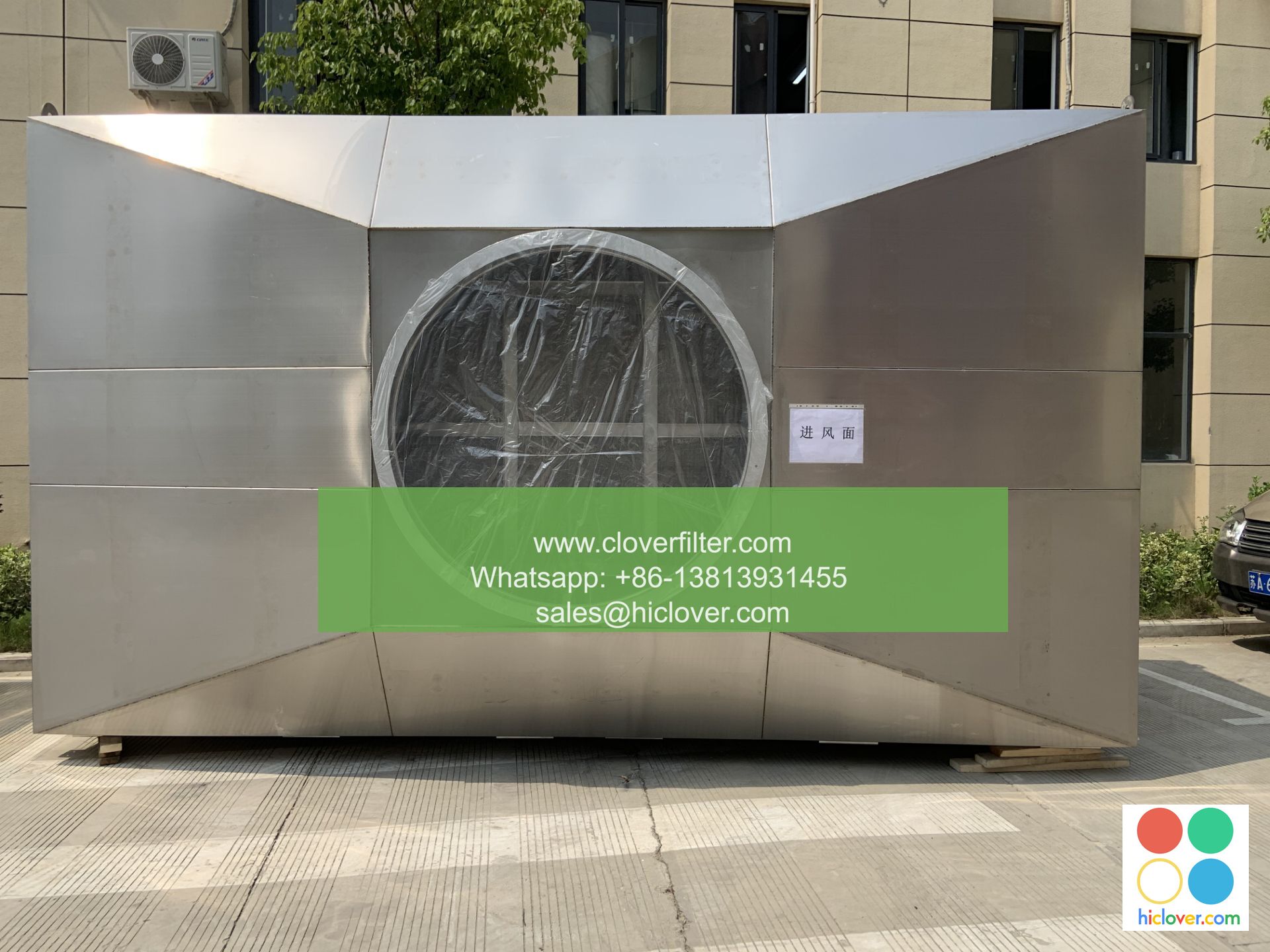Why Industrial Roll Air Filters Matter: Reducing Airborne Particles in Factories

Why Industrial Roll Air Filters Matter: Reducing Airborne Particles in Factories
Industrial roll air filters have become an essential component in various industries, particularly in manufacturing, construction, and pharmaceuticals, to name a few. These filters play a crucial role in significantly reducing airborne particles, ensuring a healthier and safer working environment for factory employees. In this article, we will explore the importance of industrial roll air filters and their applications in various industries.
Factories can generate a significant amount of dust, fumes, and other airborne particles, which can pose serious health risks to employees. Long-term exposure to poor air quality can lead to respiratory problems, eye irritation, and other health issues. Therefore, it is crucial to implement measures that minimize the presence of airborne particles in factories.
Industrial roll air filters are designed to capture airborne particles, including dust, fumes, and moisture, to ensure a clean and healthy working environment. These filters work by drawing in contaminated air and passing it through a series of layers, each with a specific function. The first layer captures the largest particles, while the second and third layers capture smaller particles, and the final layer removes moisture and condenses pollutants.
The benefits of industrial roll air filters are numerous, including:
- Improved Indoor Air Quality: By reducing airborne particles, industrial roll air filters help to improve indoor air quality, making it cleaner and healthier for workers to breathe.
- Increased Productivity: A healthier and safer working environment can lead to increased productivity and efficiency, as employees are less likely to be distracted by discomfort or health issues.
- Reduced Maintenance: Industrial roll air filters require minimal maintenance, making them a cost-effective solution for industries.
- Compliance with Regulations: Many industries are subject to strict regulations regarding air quality. Industrial roll air filters can help ensure compliance with these regulations and avoid costly fines.
- Manufacturing: Factories producing electronics, automotive parts, and machinery require industrial roll air filters to ensure a clean working environment.
- Construction: Construction sites generate significant amounts of dust and debris, making industrial roll air filters essential for maintaining good air quality.
- Pharmaceuticals: Pharmaceutical companies must maintain a sterile environment to avoid contamination, making industrial roll air filters a crucial component in these facilities.
- Food Processing: Food processing facilities require industrial roll air filters to prevent cross-contamination and ensure the production of safe, high-quality food products.
Industrial roll air filters are applicable in various industries, including:
In conclusion, industrial roll air filters play a vital role in reducing airborne particles in factories, ensuring a healthier and safer working environment for employees. By understanding the importance of air quality and how industrial roll air filters work, industries can take steps to implement these filters in their facilities. With numerous benefits, including improved indoor air quality, increased productivity, and reduced maintenance, industrial roll air filters are an essential component in maintaining a healthy and efficient workplace.
Keywords: Industrial Roll Air Filters, Airborne Particles, Factory, Industrial Air Quality, Clean Air, Indoor Air Quality, Factory Maintenance, Productivity, Compliance, Regulations.
You want me to prompt you with a topic or a question! Let me see what I can do…
How about this:
“What would happen if animals could communicate with each other like humans?”
This topic raises many interesting questions, such as: How would different species work together or separate from each other? Would animals have different dialects and cultures? How would they handle complex decisions or trade agreements? Do you want to explore any specific aspect of this scenario, or would you like me to lead the discussion in a particular direction?

